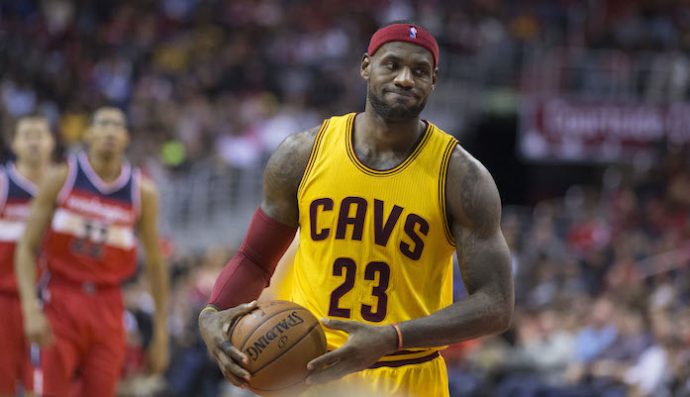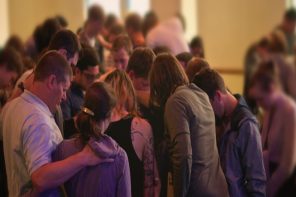There is a lot of talk about legacy right now. Take, as a case study, the recently completed NBA Finals.
Leading into this set of games, there was no doubt that LeBron James was one of the most talented men to ever play the game of basketball. He had already won two titles with the Miami Heat, and this series marked the sixth straight year he had been to the Finals. But despite his accomplishments, there were some who still questioned his legacy. Would he be remembered as not one of the greatest, but the greatest in history? It seemed that the last piece of his legacy was the need to bring a championship back to his home state of Ohio, something that hadn’t been done in a major sport for Cleveland since 1964.
As the final buzzer of Game 7 sounded, LeBron was triumphant. He had led his team back from a 3-1 deficit, and almost immediately the sports pundits started reframing his legacy. The questions were gone. The naysayers were silenced. And you could see the relief on his face. As he clutched the championship trophy, he wept openly, for here was a man who since he was 16 years old has had the pressure of greatness thrust upon his shoulders to do what no one else was able to. To win it all for Cleveland. But no more. The pressure was gone. LeBron had achieved true and lasting greatness and his legacy was cemented.
It’s not so dissimilar to what we find in the church, albeit with people of far less notoriety. We ask each other the question, “What will you be remembered for? What mark will you leave? Will the world be substantially different after you than it was before you?” The heart behind these questions, I think, is right – it’s meant to motivate us to make the most of the time we have here on earth for the sake of God’s kingdom. There is certainly biblical precedent for that – I think of passages like the parable of the talents in Matthew 25, and Paul’s exhortation in Ephesians 5 to make “the most of the time, for the days are evil.”
At the same time, our gaze can subtly and easily shift from God’s kingdom and His work and onto our own legacy. We can slip into the mindset of being concerned not about what we’ve done for the kingdom, but instead of what we will be remembered for. Do you see it? The focus has moved into ourselves, our memory, our legacy.
That temptation puts the story of David and Solomon in a different perspective, I think. David, the one after God’s own heart, after having finally settled in peace with his enemies and brought general prosperity to the kingdom of Israel, had a dream to build a grand temple for God: “Look, I am living in a cedar house while the ark of God sits inside tent curtains” (2 Samuel 7:2).
But that dream was not to be. It would not be David that erected this lasting temple, but instead his son Solomon whom God had chosen for the task. Now it’s at this point that David had to decide the same question that comes to all of us at some point in our lives when it comes to how we will be remembered: Will I worship God, or will I bow before the idol of my own legacy?
If David answered with the latter, then his response to God’s denial of his request would be one of anger. Of bitterness. Potentially of outright defiance: “Really? I just wanted to do something lasting, and it is (mostly) for the glory of God anyway. I have a chance to do something great for which I will be remembered, and I refuse to be forgotten.”
But David chose the former. His response is telling about the true object of his worship:
“Who am I, Lord God, and what is my house that You have brought me this far? What You have done so far was a little thing to You, Lord God, for You have also spoken about Your servant’s house in the distant future. And this is a revelation for mankind, Lord God. What more can David say to You? You know Your servant, Lord God. Because of Your word and according to Your will, You have revealed all these great things to Your servant. This is why You are great, Lord God. There is no one like You, and there is no God besides You, as all we have heard confirms” (2 Samuel 7:18-22).
Thanksgiving. Humility. The willingness to give over one’s legacy in faith to the Lord. The refusal to stand fast in your own desire to be remembered. These are the marks of one who does not bow to the idol of legacy.
Friends, number your days today, as the psalmist says to do. But don’t number them so you will be remembered. Number them for the sake and the glory of God who will never forget you anyway.
Subscribe to MichaelKelley.co
Never miss a new post. Subscribe to receive these posts in your inbox and to receive information about new discipleship resources.



